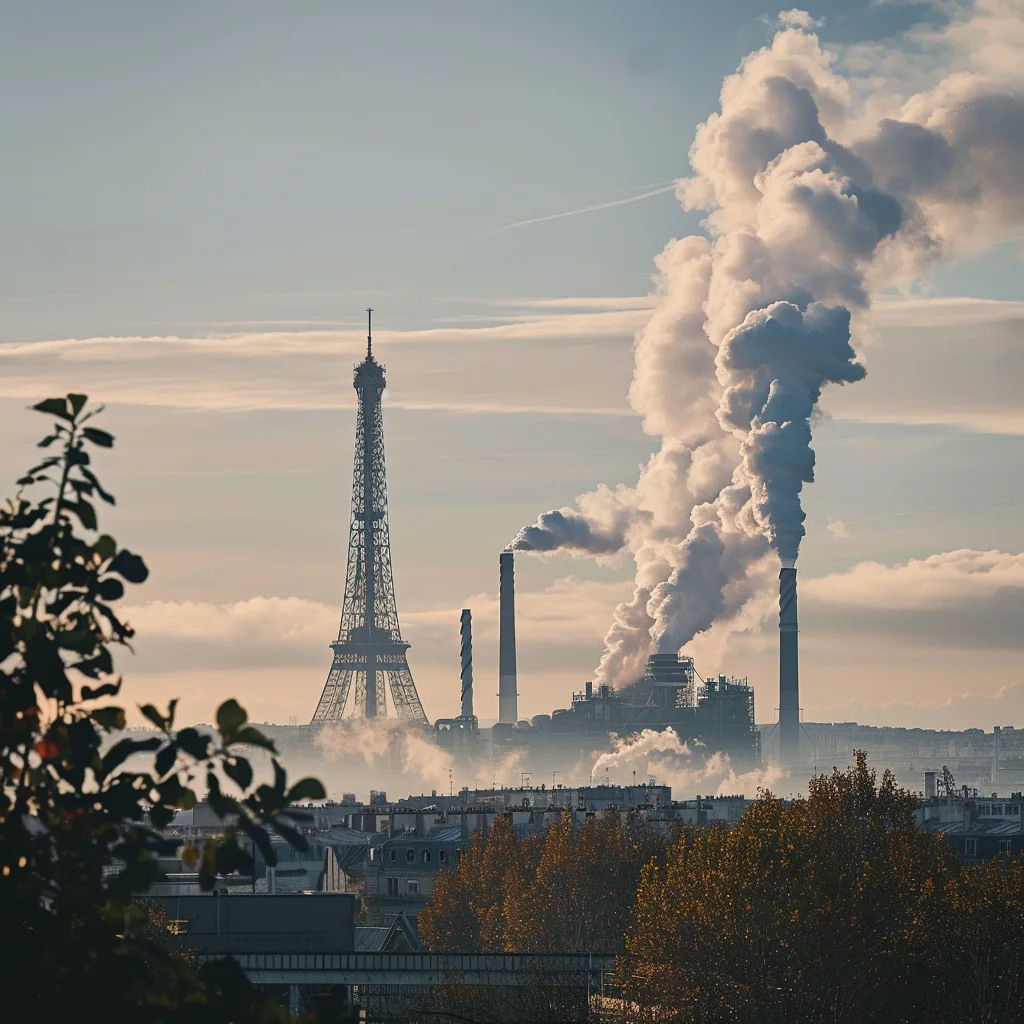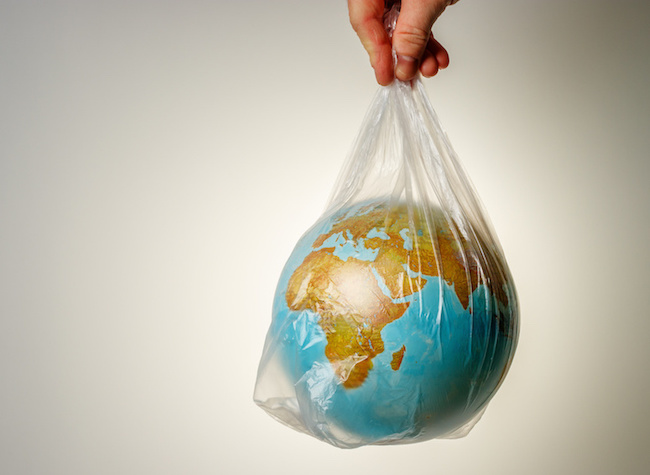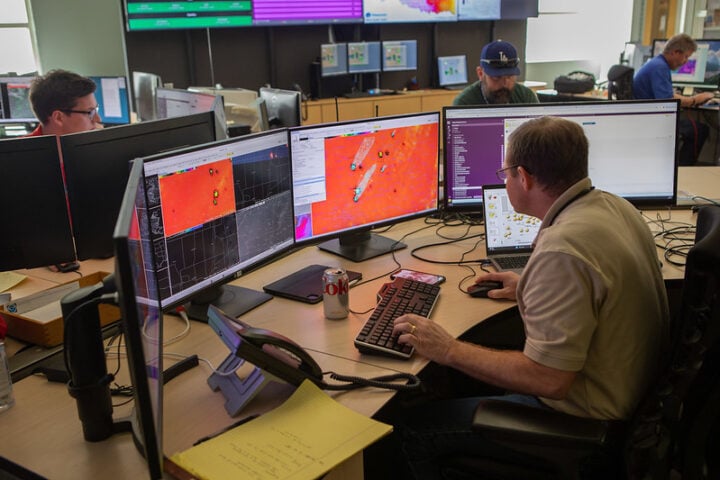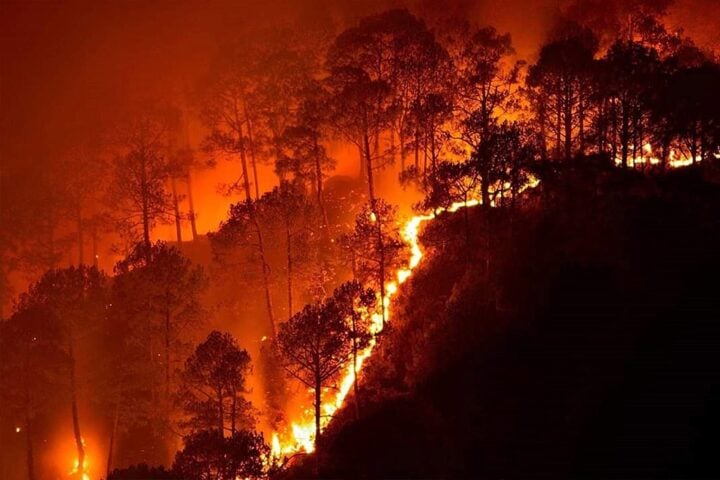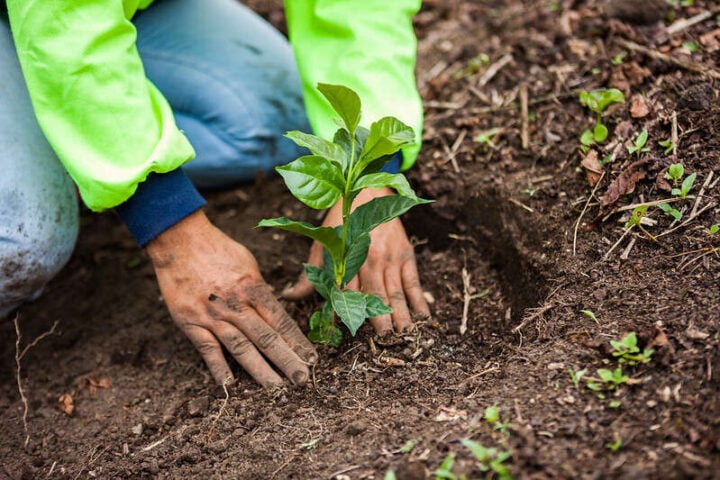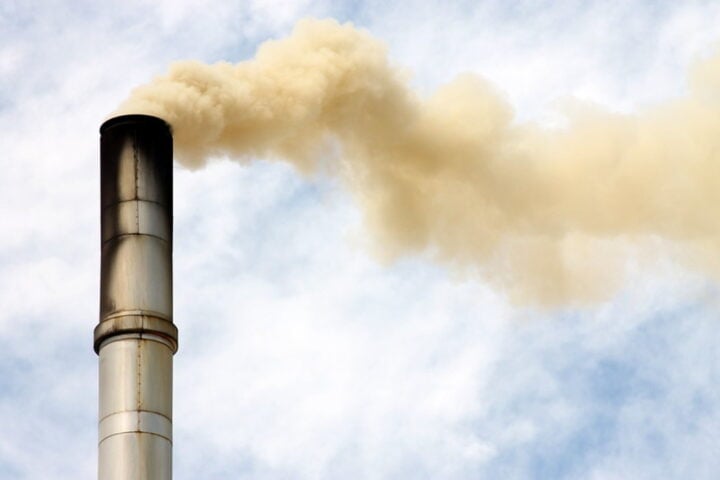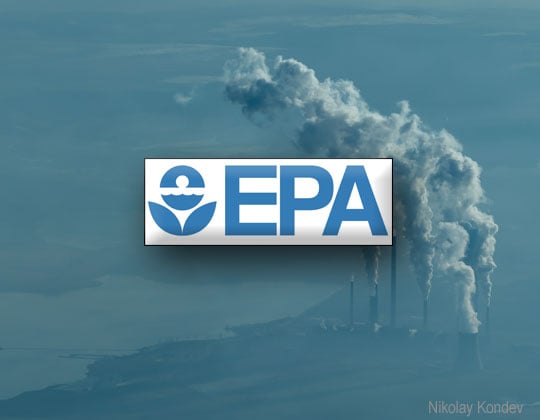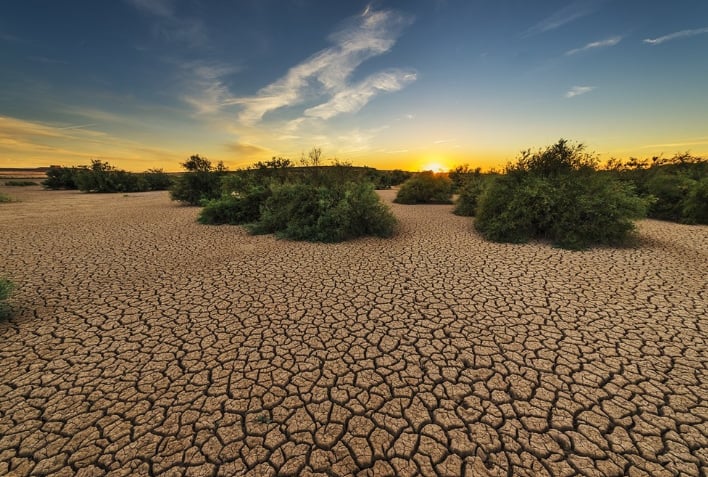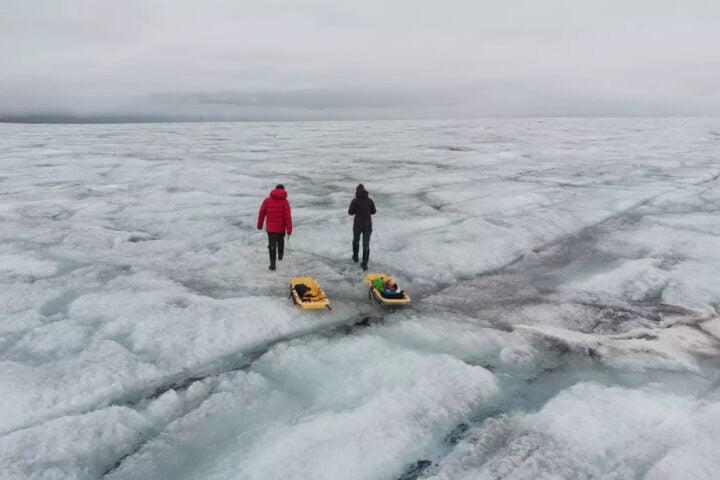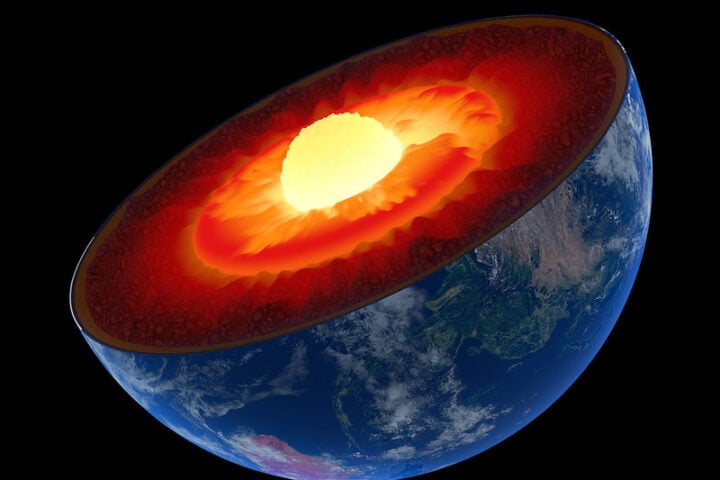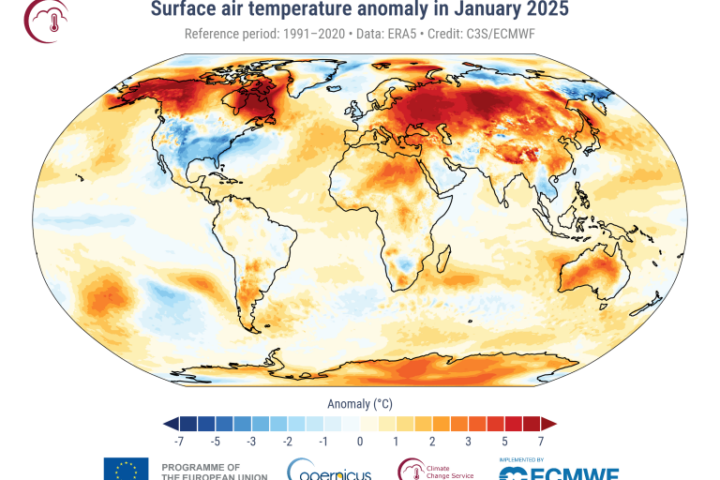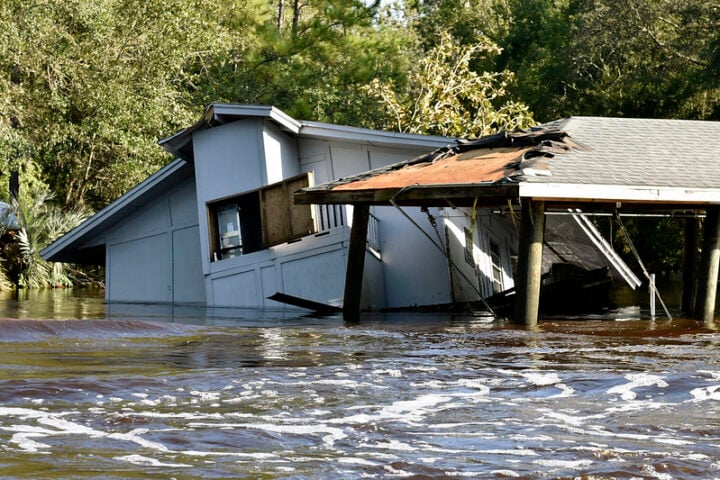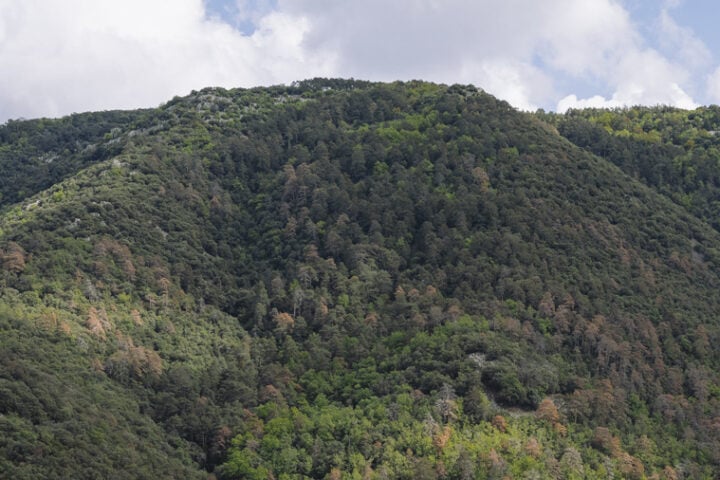The French government is moving forward with its carbon capture and storage strategy to address climate change. The Ministry for Industry announced that starting in early 2025, France plans to test four or five CO2 storage projects in old oil fields to accelerate the decarbonization of industries that find it hard to eliminate their greenhouse gas emissions. These tests will be conducted mainly in the Paris Basin and the Aquitaine Basin, where some deposits are still active and authorized to produce until 2040. This initiative is aimed at verifying the viability of using former oil fields, or even aquifer gas storages, for carbon sequestration. Minister Roland Lescure emphasized that if these tests are successful, the capture and storage of carbon could be authorized from 2026 or 2027 onwards.
On Friday in Sens (center), Minister Lescure will launch a call for voices of interest targeting players in the hydrocarbon sector to propose projects for this purpose. The potential for CO2 storage in existing national hydrocarbon concessions is estimated at around 800 million tonnes, which could meet the industry’s needs for 50 years. This strategic move is not only seen as a necessity to contain global warming but also as an opportunity to reduce costs significantly compared to current projects in the North Sea, managed by Norway and Denmark.
Similar Post
The French government presented a bill on Thursday to facilitate the deployment of low-carbon energies, which includes transforming hydrocarbon wells into carbon storage wells. Once potential sites are indicated by companies by July 26, a call for projects will open until December, with the aim of starting carbon storage trials in several locations by early 2025.
This plan is part of broader ecological planning and industry decarbonization efforts set by the Élysée, which aims to halve the emissions of gases that warm the atmosphere in 10 years. The state will assist interested companies in financing these carbon capture experiments. Among the 50 highest CO2-emitting companies in France, 37 have indicated they will continue to emit carbon by 2050-2060, despite measures to decarbonize their production processes. Thus, capturing residual carbon, liquefying it, and sending it back into the oil wells from which it was extracted is crucial to meet France’s carbon neutrality goal by 2050.
